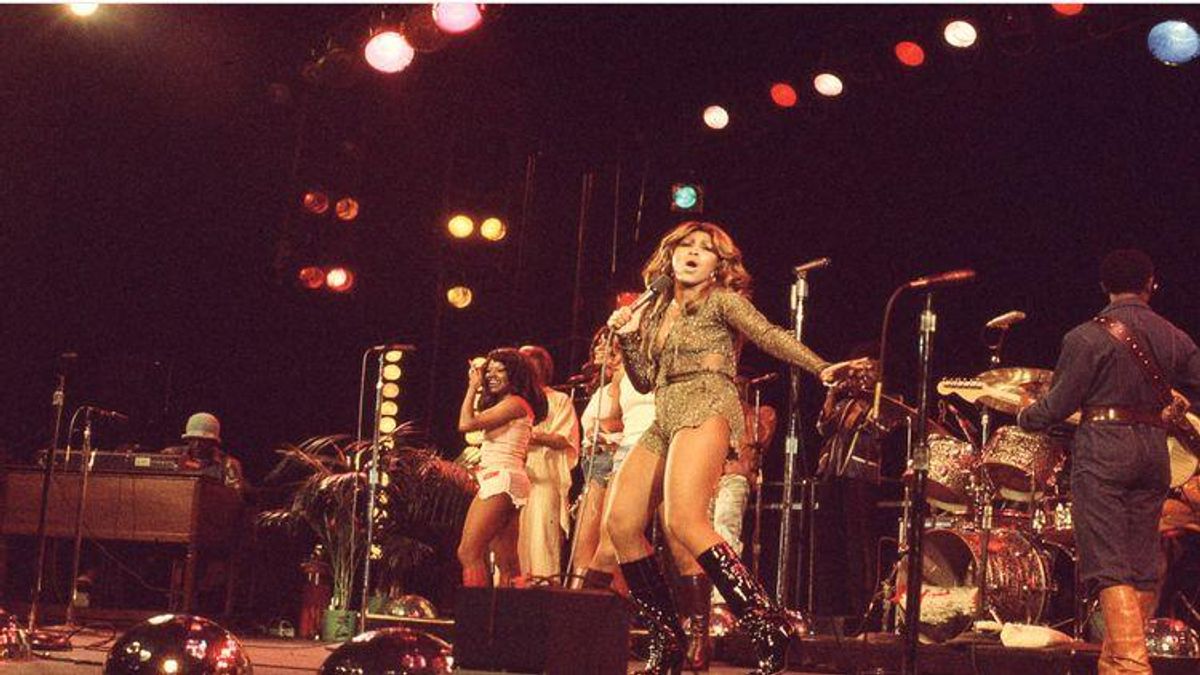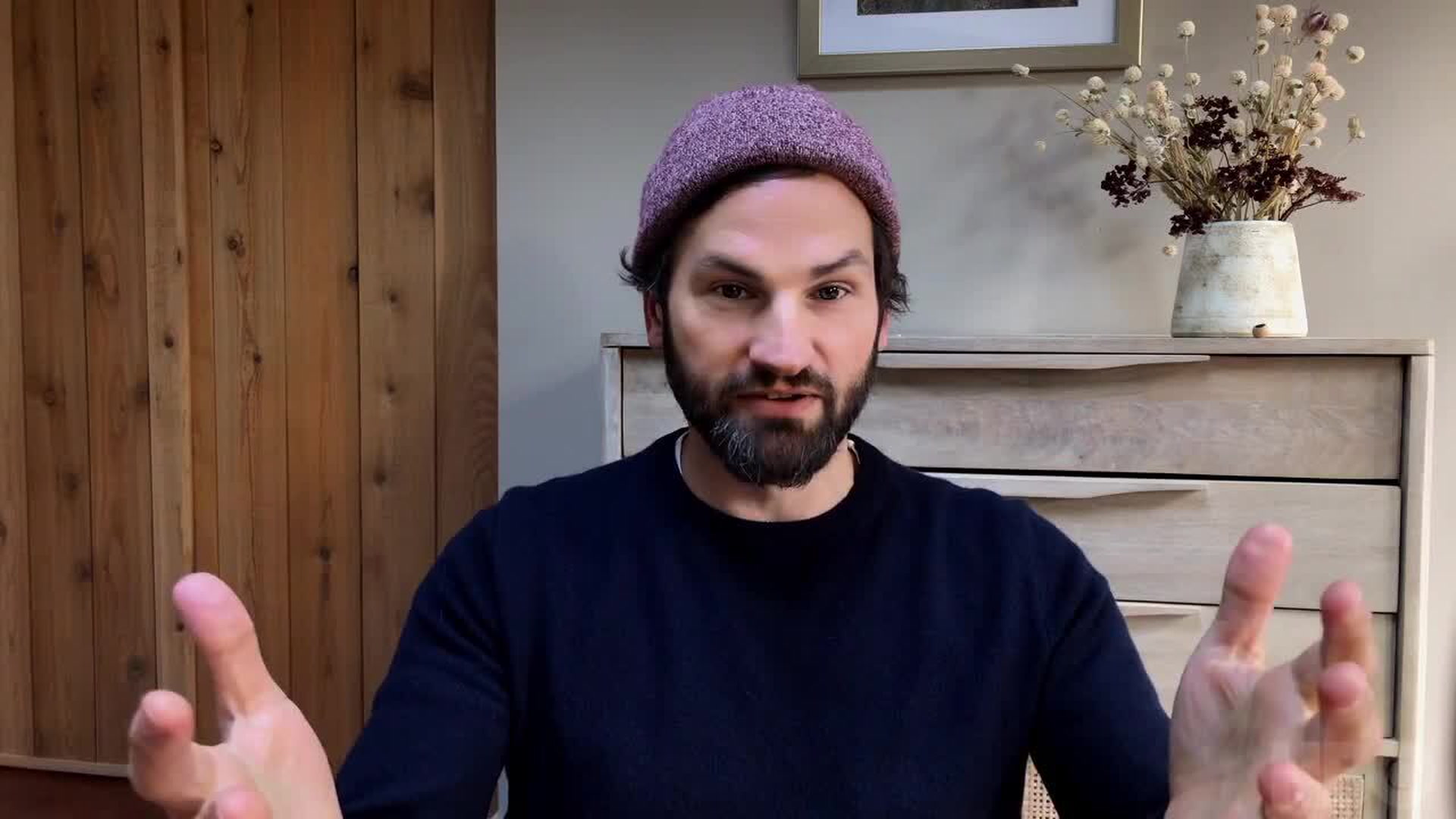HBO's Tina, the intimate and inspiring look at the legendary Tina Turner, debuted last month but fans can't get enough of the feature documentary from two Academy Award-winning directors. In this closeup with directors Dan Lindsay and T.J. Martin (see video below), the men talk about the making of the doc, admitting that at first they weren't even sure two men were the right people to tell Turner's life story. That changed "after talking to Tina and explaining our vision for the film, she was still enthusiastic about us directing," recalls Martin. "So, we took that as a sign of her comfort with us helming her story. It would have been a different situation if she were no longer alive and we were interpreting her story. In that case, it is possible we would have made a different decision. But because we had Tina as a willing participant, we felt it was our duty to be an empathetic conduit to her voice. To help shape the telling of her story from her POV."
Since Turner is a huge queer icon, her return to music after a hiatus was boosted by her LGBTQ+ supporters. Lindsay says that during the making of the film "we certainly became aware of the fact that among her fanbase there is a significant number of people who would identify as LGBTQ+. The one specific thing we can think of where that was explicitly brought up, within the context of Tina's journey, was John Carter remarking that her shows at the Fairmont Hotel in San Francisco were a big hit with the LGBTQ+ community there. How he exactly extrapolated that we don't know, but it was something he insisted helped with Tina's journey back into the spotlight."
Though the men didn't "enter this project with a very rosy picture in our minds when it came to the state of the music industry and its treatment of women and more specifically Black women," says Martin, "I think the experience of making this film certainly put into focus for us some of the insidious ways the music industry hindered the creative and intellectual expression of many female artists. Again, especially Black women."
Learn more in this interview with directors Dan Lindsay and T.J. Martin.




















































































